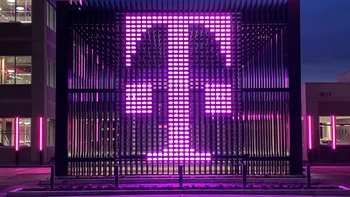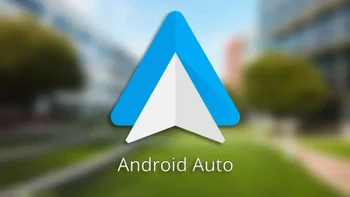The Pixel 6 success - strangely - does not depend just on its excellence
This article may contain personal views and opinion from the author.

The recent Google Pixel 6 leaks show a radically redesigned phone that marks a new direction, a reboot for Google's phone division that was left on life support with no true flagship launched in 2020.
Evidence for this was the record low sales expectations for the new Pixel series. Even Google itself did not expect to produce more than 3 million of its 2020 edition Pixels and was on track to produce only 800,000 Pixel 5 phones in 2020. This is just a fraction of what the company sold in the previous year: in 2019, IDC estimates that Google sold 7.2 million Pixel phones, a stark difference. Yes, we're really talking about rising from the dead here.
So here is the Pixel 6 story so far: we have leaked design photos that show two phones, a compact version, likely the Pixel 6, and then a larger sized phone that might end up being called Pixel 6 XL or Pixel 6 Pro. Both of them feature identical design with the cameras being the focal point, housed in this fancy protruding strip of glass and reminding us of a Daft Punk helmet.
Is it all about that new Google-made chip?
However, it's not just about the looks. Google has been working for years on a custom ARM chip and the Pixel 6 family is the first product expected to finally have it. Google head honcho Sundar Pichai has been priming us for this exact moment in the past few Google conference calls saying that we should expect “significant product updates and announcements”.
At the heart of them is this new chip, currently known with its codename "Whitechapel". And of course, while hopes are that it will be a watershed moment similar to Apple's M1 launch, Android Police has looked into the rumored specs and anticipates more of an upper mid-range chip rather than a Snapdragon 888 killer. Whatever it is, being developed by Google itself should provide a number of advantages, even if it is not the highest performing chip on the market.
With or without the fastest chip on the planet, the Google Pixel 6 is surely a "significant" launch for the company. The radical new design of the phone coincides with what is likely to be a completely new look for Android 12, coincides with a new processor, coincides with a new camera sensor for the first time in a few years. All the stars align. Fingers crossed it will be a great phone.
However, the sceptic in me has to point out that Google needs a bit more than a great phone in order to make this work. It needs a phone that people can actually buy. And that has not been quite its forte... ever.
Pixel phones biggest weakness
Ever since the beginning of the lineup and all the way until the fourth generation, Pixel phones were sold exclusively at Verizon Wireless, meaning that a big majority of customers in the United States couldn't buy one, even if they wanted to. The exclusivity finally ended with the Pixel 4 family, but unfortunately that also happened to be one of the worst launches for Google as the phones had sub-par battery life and a number of experimental technologies like gesture controls that barely worked and had little practical advantage.
Pixel phones are also notoriously hard to buy internationally: availability is limited to just a handful of countries, while Apple iPhones and Samsung Galaxy phones can be found pretty much everywhere across the globe.
We really hope that Google is not only laser-focused on making the Pixel 6 an insanely great phone, but also that it is actually planning production and expanding availability, so that people can actually buy it.
Pixel 6 is a watershed moment for Google and the whole industry
This truly is a watershed moment: LG has just exited the smartphone game, and the traditional phone makers, the brands that you may know like Motorola, Sony, Nokia, and all the rest are slowly but surely losing relevance. The expansion of Chinese phone makers on the other hand has been deterred with Huawei ending up on the US Entity List and others not quite filling the gap just yet.
2021 is Google's chance to make it big, and we're really curious to see if the company is truly ready to use that chance.
Follow us on Google News













Things that are NOT allowed:
To help keep our community safe and free from spam, we apply temporary limits to newly created accounts: